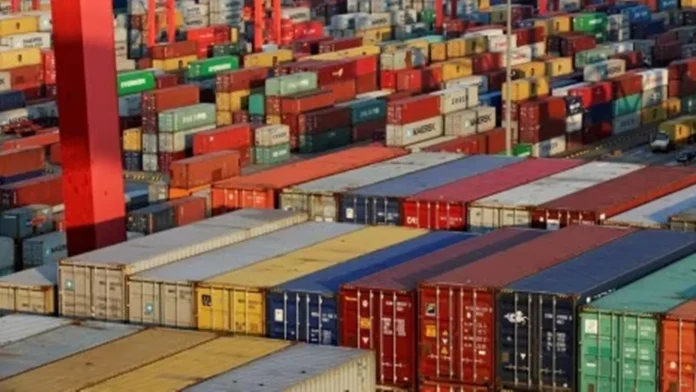Switzerland has formally ratified the India-European Free Trade Association (EFTA) Trade and Economic Partnership Agreement (TEPA), paving the way for its implementation by October 2025. The ratification marks the final legislative step among the four EFTA member countries — Switzerland, Norway, Iceland, and Liechtenstein — and concludes nearly 16 years of negotiations between India and the bloc.
The India-EFTA TEPA is expected to be a game-changer for India’s international trade strategy, unlocking substantial economic benefits. As per the agreement, the EFTA countries have committed to facilitating investments worth $100 billion over a 15-year period, with the potential to generate up to one million direct jobs in India.
One of the key pillars of this agreement is the progressive reduction of tariffs on industrial goods imported from EFTA nations. This includes machinery, precision instruments, pharmaceuticals, and chemicals. While India will gradually reduce duties on nearly 95 percent of industrial imports from the bloc, it has safeguarded sensitive sectors such as dairy, gold, and certain agricultural products.
From the consumer perspective, the phased tariff cuts are expected to make Swiss products like watches, chocolates, and high-end machinery more affordable in the Indian market. The agreement also includes provisions for customs facilitation, regulatory cooperation, and enhanced access to the services sector, especially for Indian IT and skilled professionals.
Apart from trade in goods and services, the agreement also provides a platform for closer collaboration in research, technology transfer, clean energy, and skills development. It encourages joint ventures, start-up support, and vocational training programs that align with India’s national missions such as Make in India and Skill India.
The pact introduces measures to simplify business processes, protect intellectual property, and establish institutional mechanisms for investment monitoring and dispute resolution. These are expected to significantly improve the ease of doing business and enhance investor confidence in the Indian market.
The ratification comes at a time when India is seeking to diversify its trade relations and reduce its dependence on a few major economies. The TEPA with EFTA offers a strategic opportunity to deepen engagement with high-income European economies and access high-quality technologies and capital.
While the long-term benefits of the agreement are promising, trade experts have pointed out challenges such as the need to balance investor protection with domestic regulatory autonomy, and the importance of ensuring that intellectual property provisions do not adversely impact India’s generic pharmaceutical industry.
Nevertheless, the India-EFTA TEPA sets a significant precedent in India’s trade policy approach. It showcases a model where India offers market access in return for long-term and verifiable investment commitments. With implementation expected to begin later this year, the agreement could become a cornerstone in India’s roadmap to becoming a global trade and manufacturing powerhouse.



